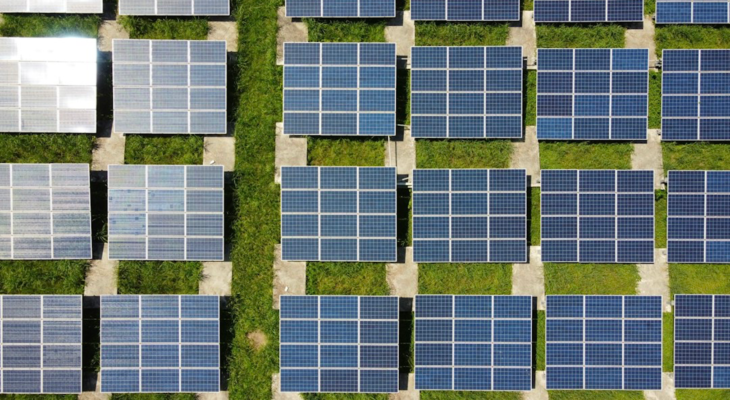As the world grapples with the challenges of climate change and diminishing natural resources, there is a noticeable shift towards sustainable solutions. Renewable energy is at the forefront of this transformation, offering a beacon of hope and innovation. From wind turbines dotting the countryside to solar panels on urban rooftops, this clean energy revolution is reshaping our world, promising a greener and more sustainable future.
The Rise of Renewable Energy
The global energy landscape is undergoing a radical change, with renewable sources emerging as key players. This shift is driven by the urgent need to reduce greenhouse gas emissions and combat climate change. In regions like New Jersey, renewable energy is gaining momentum, showcasing how local initiatives can have a global impact. The commitment to incorporating renewable energy in New Jersey is a testament to the growing trend of sustainable energy solutions.
Despite the enthusiasm, the transition is not without its challenges. Integrating renewable energy into existing power grids, ensuring consistent supply, and managing the costs of new technologies are significant hurdles. However, advancements in technology and increasing government support are helping overcome these challenges, paving the way for a more sustainable future.
Economic Impacts and Job Creation
Renewable energy is not just about environmental benefits; it’s also a powerful economic engine. The sector has created a multitude of jobs worldwide, from manufacturing solar panels to maintaining wind farms. This surge in employment is particularly evident in the sector, which has consistently outpaced traditional energy industries in renewable energy job creation.
Furthermore, the economic benefits extend beyond job creation. Renewable energy projects often lead to infrastructure development, boosting local economies. The influx of investment in renewable energy technologies is also driving innovation, further strengthening the economic case for this sustainable shift.
Technological Innovations and Advancements
Technology is the backbone of the renewable energy revolution. Recent years have seen remarkable advancements in solar, wind, and other renewable technologies. These innovations have not only made renewable energy more efficient but also more accessible and affordable.
For instance, improvements in solar panel efficiency and battery storage capabilities have significantly enhanced the viability of solar energy, even in less sunny regions. Similarly, advancements in wind turbine design have enabled them to capture more energy and operate more quietly, increasing their suitability for various environments.
Global Policies and Government Involvement

Government policies play a crucial role in shaping the renewable energy landscape. Incentives, subsidies, and regulations encouraging the adoption of renewable energy have been instrumental in its growth. Countries around the world are setting ambitious targets for renewable energy production, reflecting a strong political commitment to sustainable energy.
These policies not only promote the development of renewable energy but also help level the playing field with fossil fuels, which have historically benefited from significant subsidies. By creating a more competitive market, governments are facilitating the transition to a cleaner, more sustainable energy future.
The Future of Energy: A Sustainable Vision
Looking ahead, the future of energy is undoubtedly renewable. The ongoing shift towards sustainable energy sources is not just an environmental imperative but also an economic and social opportunity. As technology continues to advance and costs decrease, renewable energy is set to become even more prevalent.
The transition to renewable energy is an essential step in addressing global challenges like climate change and resource scarcity. It represents a profound shift in how we produce and consume energy, laying the foundation for a more sustainable, resilient, and equitable world.
Conclusion: Embracing a Renewable Future
The shift towards renewable energy is more than just a trend; it’s a necessary evolution in our approach to energy production and consumption. As we witness the tangible benefits of this transition, from economic growth to environmental preservation, it’s clear that renewable energy is not just reshaping the world—it’s redefining it. Embracing this renewable future is not only about safeguarding our planet but also about ensuring a prosperous and sustainable legacy for generations to come.

